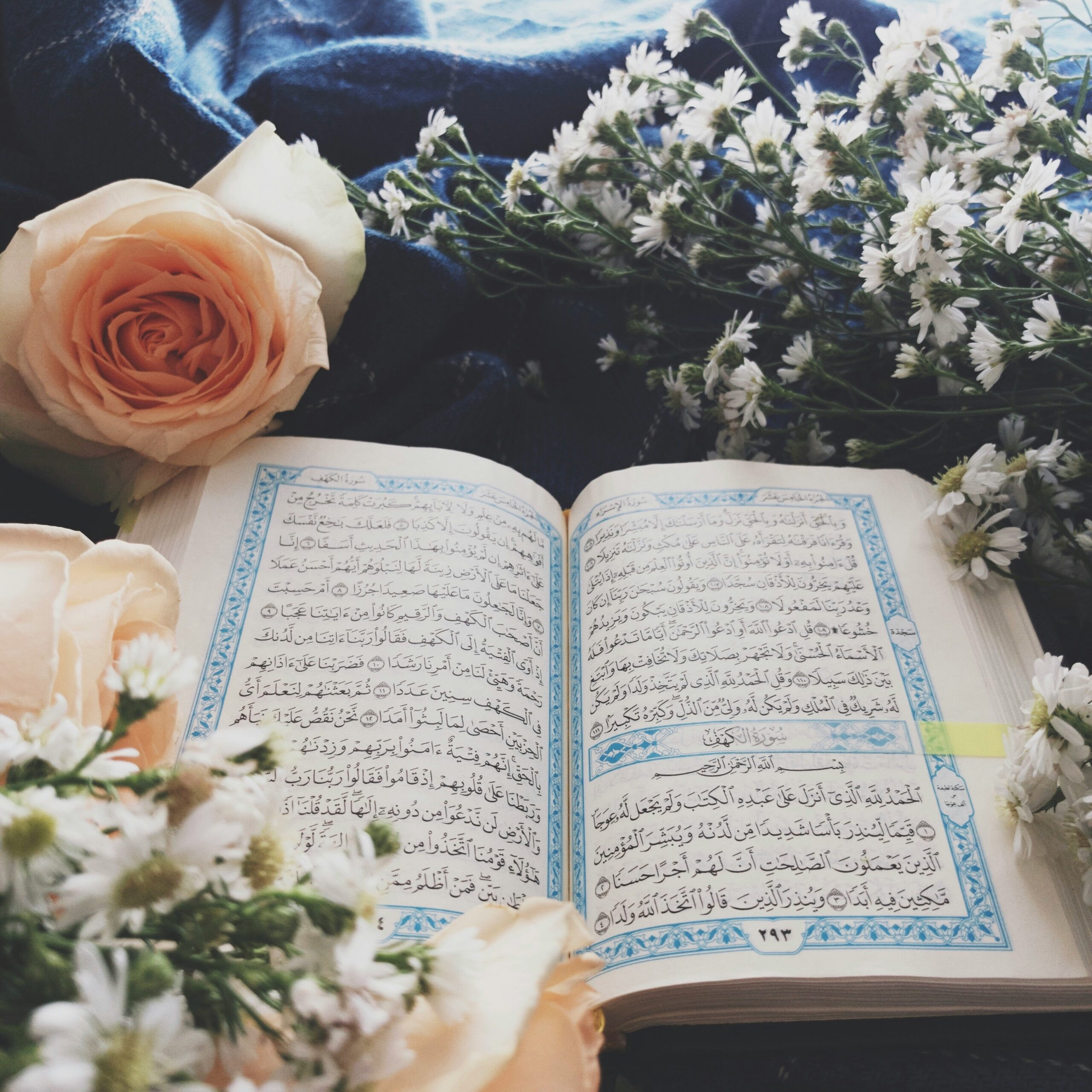Confronting the quiet struggles that steal our peace and block our blessings
We all carry invisible thorns—those sharp, hidden emotions that pierce our hearts and poison our days. While we might appear composed on the outside, these thorns of resentment, jealousy, and insincerity slowly drain our spiritual energy and distance us from Allah.
Learning from History’s Greatest Example
The story of Umm Jamil offers a powerful warning about where unchecked negative emotions can lead. She was consumed by hatred, arrogance, and jealousy toward the Prophet ﷺ, even though he had never wronged her. Her heart became so bitter that she actively spread slander and placed literal thorns in his path. Her life became a testament to how destructive these emotions can be when left unchecked.
This makes it even more puzzling when we see people—sometimes ourselves—who know so much about the deen yet still engage in behaviors Allah has clearly warned us against. We understand the teachings, we know anger and rude speech are harmful, yet we sometimes fall into these very traps. It’s a reminder that knowledge without consistent application means little.
The Thorn of Resentment
If I’m being completely honest, one of the heaviest thorns I carry is resentment. It’s that quiet, suffocating feeling that sits in your chest—you might smile, help others, and say all the right things, but deep down, there’s this bitter voice complaining: “Why do I always have to be the understanding one? Why am I always expected to give while others just take?”
Sometimes I find myself helping people not out of sincere desire to please Allah, but with a heavy heart full of internal complaints. I roll my eyes in my mind, feel short-tempered, or wonder “why do I have to?” And then reality hits: no matter how much good work I do, if it isn’t sincere, it doesn’t bring me closer to Allah. It won’t bring barakah into my day either. That realization is both painful and liberating.
The Poison of Comparison
Another thorn that’s particularly sharp is comparison, which slowly transforms into jealousy and then hardens into resentment. This often happens with people closest to us—family members, friends, colleagues. It’s not that I want to feel jealous; I don’t enjoy resenting people I love. But it creeps in during those small moments when they’re praised and I’m not, or when it feels like they’re always seen in a better light.
These moments build invisible walls in my heart—walls I never intended to construct. The comparison trap is especially cruel because it turns our blessings into sources of discontent and our relationships into competitions.
The Antidote: Silent Duas and Sincere Hearts
One of the most beautiful remedies for these thorns is making quiet duas for others—especially for those we struggle with. This simple, hidden act invites barakah into both their lives and ours, and it reflects the pure sincerity that Allah loves.
The Prophet ﷺ taught us something profound: “The supplication of a Muslim for his brother in his absence will certainly be answered. Every time he makes a supplication for good for his brother, the angel appointed for this particular task says: ‘Ameen! May it be for you too.'” (Sahih Muslim)
Imagine that—every time we sincerely pray for someone else’s well-being, an angel makes the same dua for us. This transforms our relationships from competitions into opportunities for mutual blessing.
The Real Cost of Carrying Thorns
These thorns don’t just hurt the people around us—they hurt us most of all. They steal our peace, block our prayers, and make it harder to feel light and close to Allah. Resentment is like drinking poison and expecting someone else to suffer. Jealousy consumes our contentment and blinds us to our own blessings.
When we carry these thorns, we’re essentially carrying around our own emotional prison. We become trapped in cycles of negative thinking that serve no one—not us, not the people we resent, and certainly not our relationship with Allah.
The Path Forward
Recognizing these thorns is the first step toward removing them. It requires brutal honesty with ourselves about our motivations, our hidden resentments, and the ways we’ve allowed comparison to poison our hearts.
The journey isn’t about perfection—it’s about awareness and gradual improvement. Some days we’ll catch ourselves before the thorn takes root. Other days, we’ll realize we’ve been carrying one for weeks. Both scenarios are part of the human experience.
Practical Steps:
- Before helping someone, pause and check your intention
- When you feel resentment rising, make a silent dua for that person instead
- Practice gratitude for your own unique blessings when comparison creeps in
- Remember that everyone’s test is different, and what you see isn’t the full story
A Heart in Progress
The goal isn’t to never feel these emotions—we’re human, after all. The goal is to recognize them quickly, address them honestly, and work consistently to pull them out before they take root and multiply.
Each thorn we remove makes space for more light, more peace, and more sincere connection with Allah. And perhaps that’s the most beautiful part of this struggle—in our journey to heal our own hearts, we often end up becoming sources of healing for others too.
May Allah help us recognize the thorns we carry and give us the strength to remove them, one by one, until our hearts become gardens of sincerity and peace.


